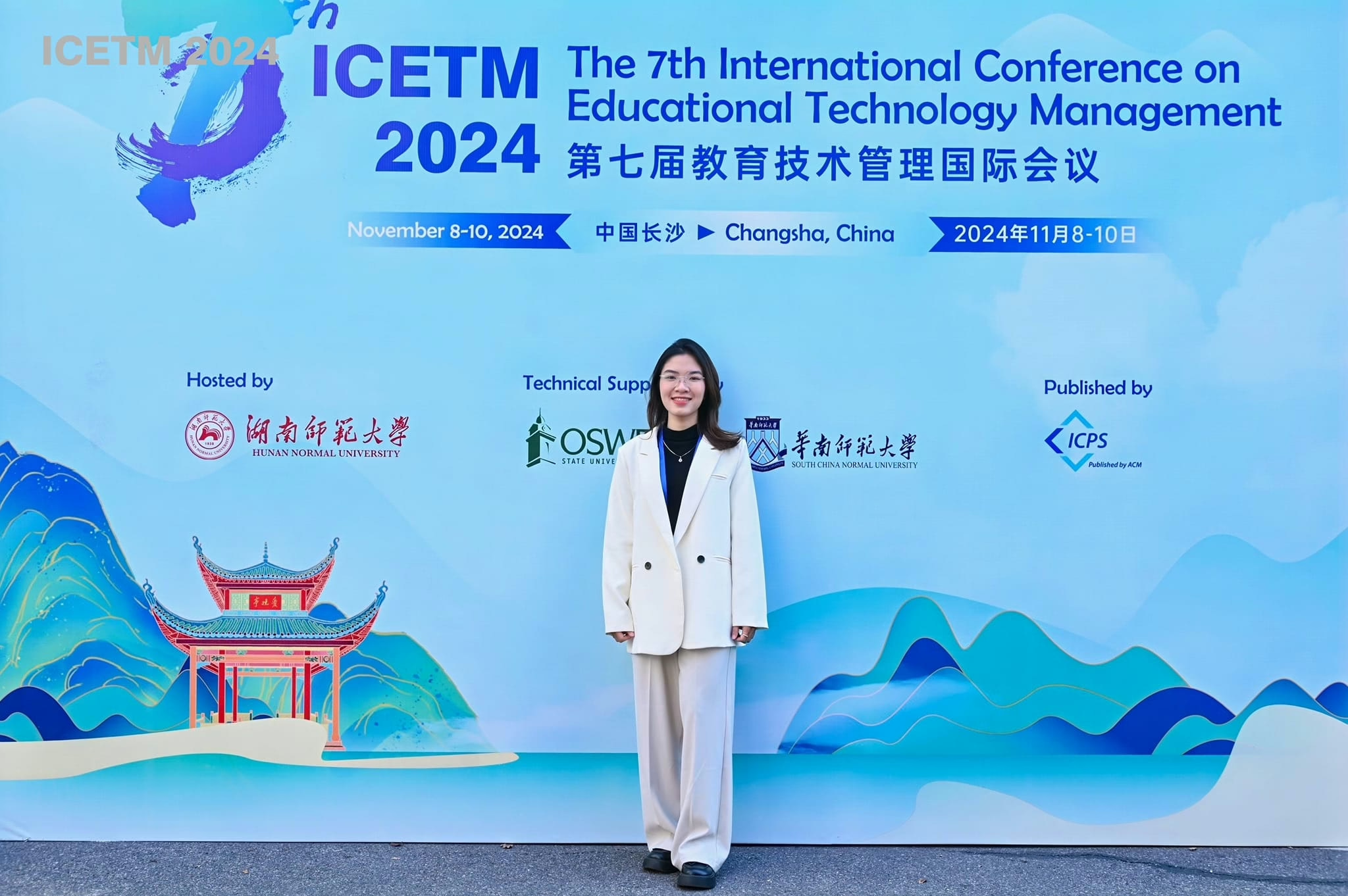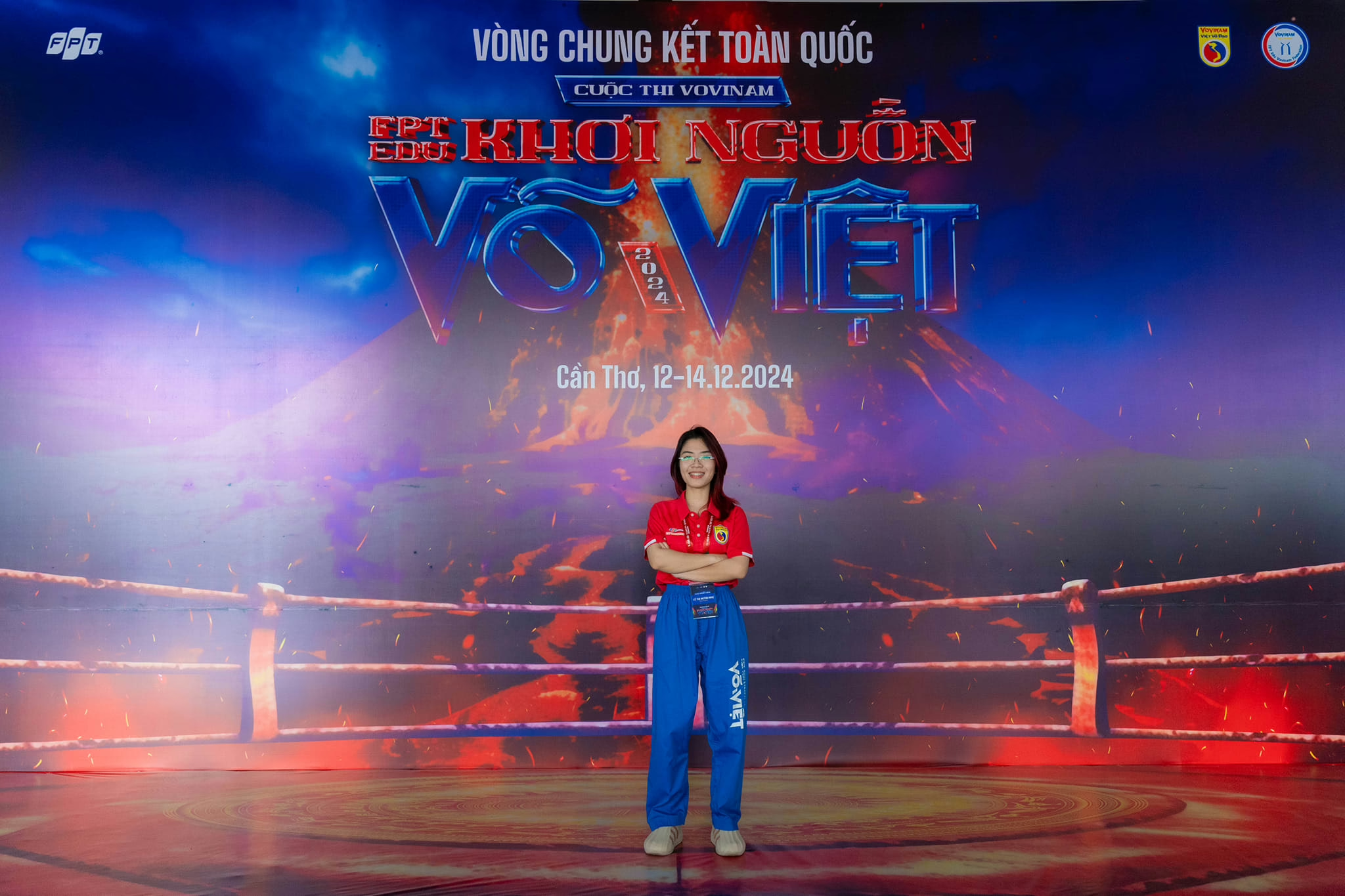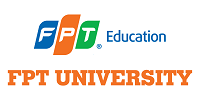At the International Conference on Educational Technology Management in November 2024, Le Thi Huynh Nhu — a K18 student majoring in Artificial Intelligence — presented her research on the impact of AI development on students with limited access to technology.
Born and raised in Tien Giang, the former student of Cai Be High School developed a deep interest in technology and the natural sciences early on. Enrolling at FPT University — a dynamic, practice-oriented learning environment — she quickly found herself thriving and exploring the field in greater depth.
While pursuing her studies in Artificial Intelligence (AI), Nhu realized that the rapid development of AI in Vietnam had opened up new opportunities in education. However, not everyone had equal access to technology or the training required to use AI tools effectively. This disparity, she noted, could unintentionally widen the gap in learning and career opportunities among students. This observation sparked the motivation behind her research: “The Impact of Rapid AI Development on Students with Limited Technological Access.”

Through extensive surveys, Nhu discovered that students with limited access to technology often struggled to utilize AI-powered learning tools. The gap in digital skills not only reduced their confidence but also negatively affected their career prospects. In some cases, even students who had access to technology hesitated to use AI tools due to concerns over the accuracy of the information they provided.
One of the most surprising findings from her study was that although over 90% of surveyed students had heard of or used AI, only a small fraction possessed the skills to apply it effectively.
“The research highlights that the biggest obstacle holding students back in the AI race is a lack of digital skills. Mastering AI isn’t just about using the tools — it requires critical thinking and creativity when applying them to learning or work. On top of that, financial limitations become another barrier, as some useful AI tools require paid subscriptions,” Nhu explained. The digital skills gap, she added, inadvertently places both physical and psychological pressure on students who haven’t had the opportunity to catch up with the AI wave.
To help students overcome the stress of falling behind in technology, Nhu proposed three key solutions: encouraging self-learning and deeper research into AI, seeking support from peers and family, and enrolling in advanced training courses. Of these, she emphasized that combining all three — especially participating in university-organized classes or workshops hosted by tech clubs — would be the most effective approach to making AI more accessible.

Nhu’s research journey spanned approximately three months, including surveying, data collection, and analysis. One of the biggest challenges she faced was reaching students with limited technology access for interviews. In addition, defining objective criteria to assess the extent of AI’s impact proved difficult.
Fortunately, Nhu received valuable guidance from her lecturers and peers, who contributed practical insights and suggestions that helped her fine-tune her methodology and broaden her perspective.

Despite being well-prepared, Nhu admitted she was nervous presenting her first scientific report at an international conference. “At first, I was anxious, unsure how the audience would react to my research,” she recalled. “But seeing the interest in the experts’ eyes and hearing their engaging follow-up questions sparked an indescribable sense of joy and pride in me.” Her “brainchild” had successfully captured attention on an international academic platform.
For Nhu, this experience of “bringing the bell to ring in another land” marked a major milestone in her academic journey. It has become a source of motivation for the K18 Artificial Intelligence student to continue pursuing her passion for research, expand her knowledge in AI, and explore solutions that bridge the technological gap in education.



